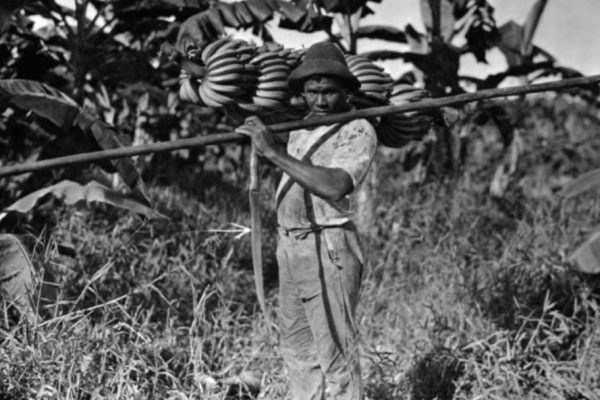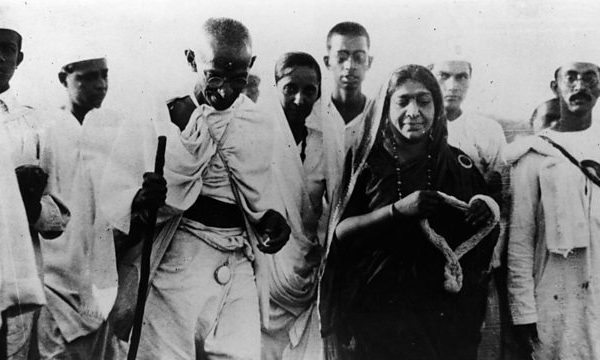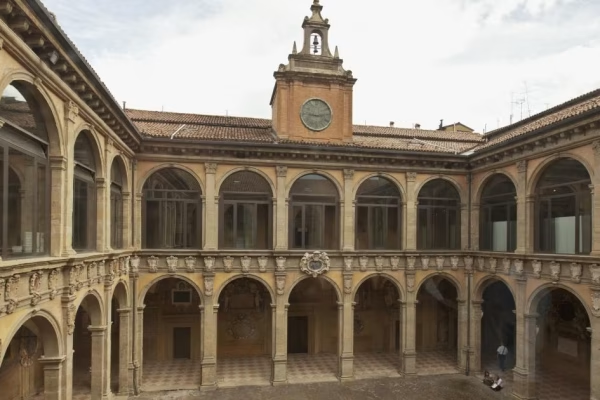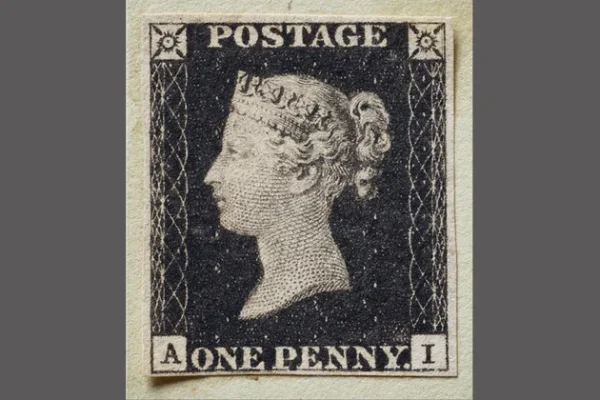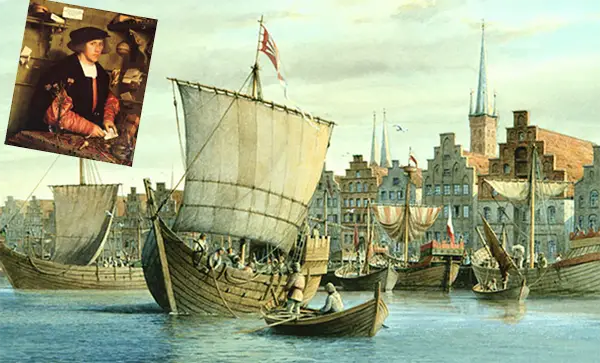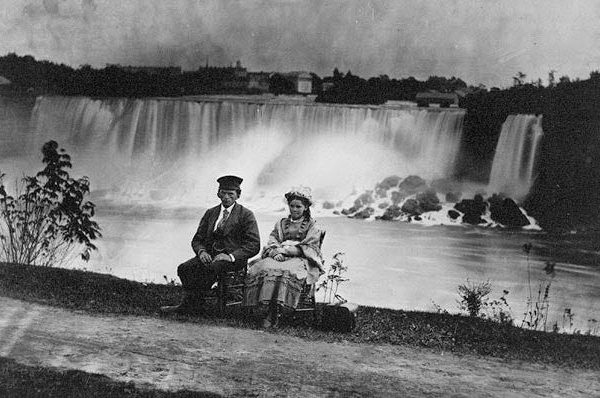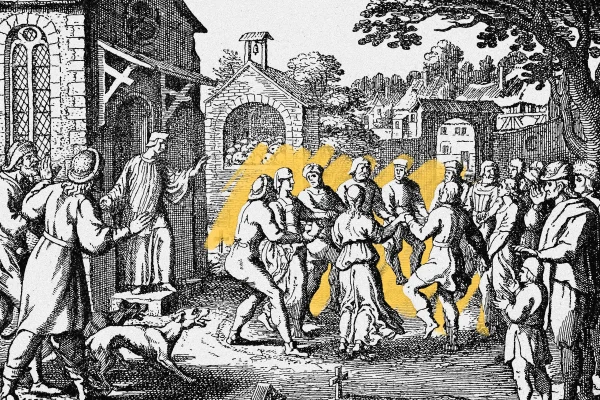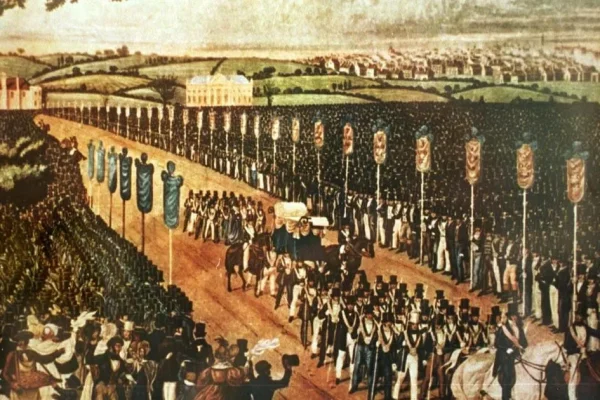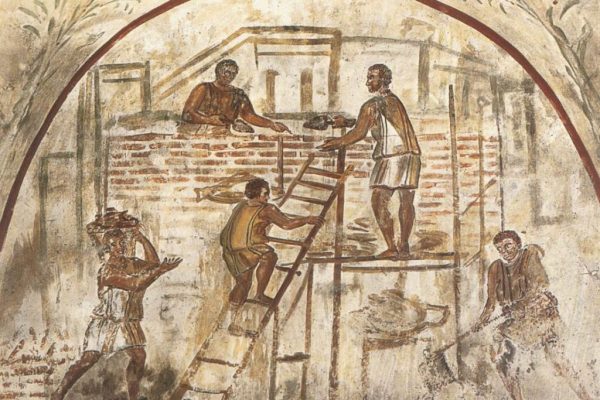
The Forgotten Engineers of the Roman Empire: Builders of Civilization
While Roman emperors and generals often dominate historical narratives, the true unsung heroes of Rome’s dominance were its engineers. These master builders were responsible for the vast network of roads, aqueducts, and monumental structures that allowed the Roman Empire to expand, sustain, and govern an immense territory. Their expertise in materials like concrete and techniques…
